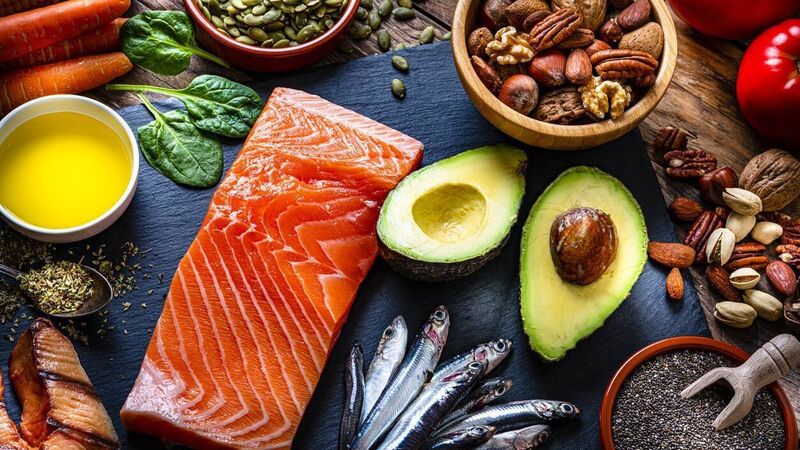Eat this: Ten easy food swaps that will make your diet a healthier one

Dieting doesn't work, but making small changes to your diet can make you healthier.
Crash diets don't work and science agrees. A study carried out by the medical journal BMJ in 2020 analysed 22,000 overweight or obese adults who were following one of fourteen popular weight loss programmes. The study grouped the programmes into three categories: low-carbohydrate, low-fat, and moderate-macronutrient.
The results were clear. While at the six-month mark, those following low fat or low carbohydrate diets had lost about ten pounds, six months later they had mostly regained the weight. Those following a macronutrient-based diet tended to lose less weight overall.





